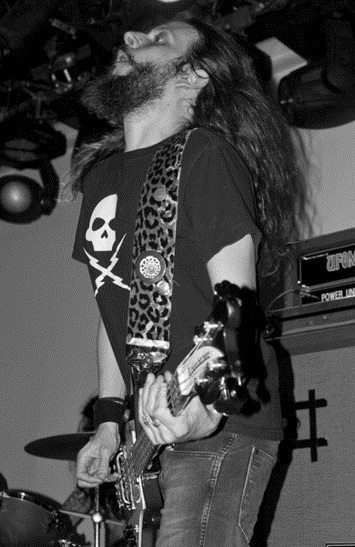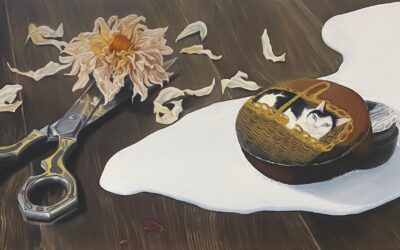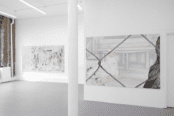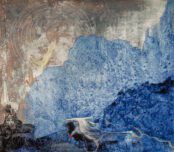With a name that combines the weighty presence of an extinct mammal and the fancy of controversial space vehicles expect herbal smoke tinged religious commentary, long hair, and unhurried music.
Unsurprising then that the latest album by UFOMammut, an Italian power trio formed in 1999, Opus Primum is one long jam of toasted psychedelic metal.
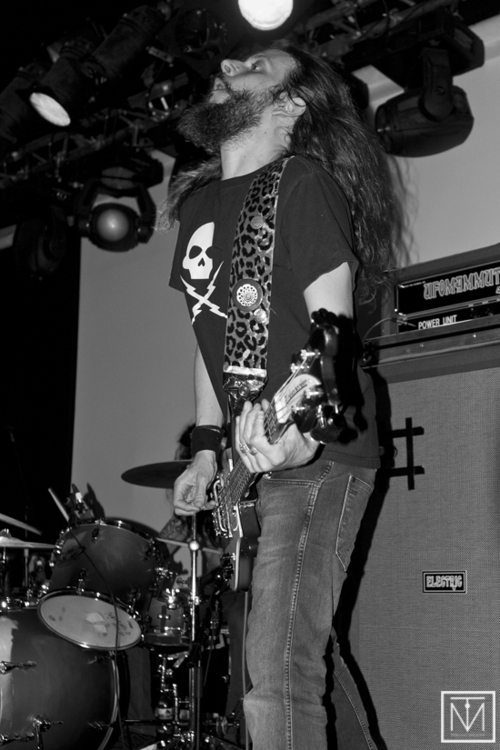
What separates this particular group of hirsute musical astronauts is that they’ve embraced drone soundscapes into a colossal show that further pushes the envelope and keeps Ufomammut a bong hit ahead of the stoner rock curve.
What is stoner rock? Imagine a musical compass with Black Sabbath, Pink Floyd, CAN, and Neurosis as the cardinal points of the genre and you’ve got it.
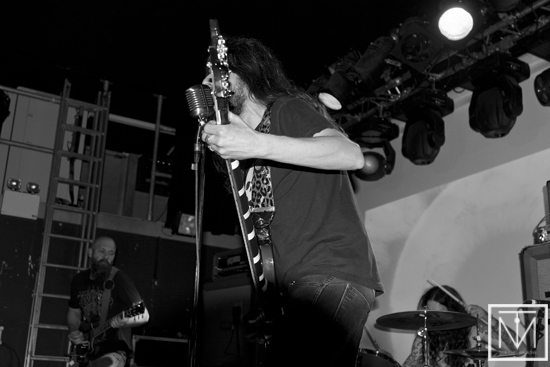
Sabbath brought the aesthetic and minor key riffage that underpins the sound. Pick any Sabbath song, especially Into The Void and you’re well into the Stoner Rock groove. The influence of Pink Floyd is usually in the more ‘far out’ sections of albums, literally where the beat gets spaced out.
CAN‘s influence is pretty much that of intellectual and technical innovation as well as using a harder more ‘art-rock’ aesthetic which usually means satirising or abandoning pop sensibilities in favour of something that requires more ‘active’ listening. Which leads us finally to Neurosis, it’s a fact (in so far as music journalism has facts) that any heavy band that isn’t retro/revival/roots/classic or just plain anachronistic owes a huge debt to this band.
No band in the last twenty years has been as influential to heavy music, period. The way Neurosis reinvigorated metal and hardcore music by messing with tempo, production values, class, tone, song structures, and stage production has yet to be surpassed (except perhaps by Meshuggah, but we’re talking about Stoner rock here so…).
Oh and beards.
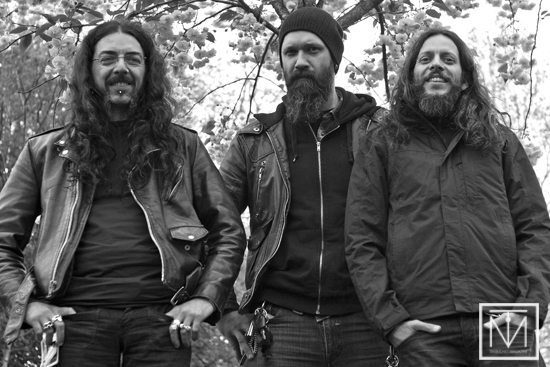
That’s right. Beards.
Hipsters took the shaved head beard thing from art-metallers and art-metallers took the beards from Neurosis. So next time your want to punch that guy with the earrings, fixie bike, sailor tats, and beard… just think how Steve Von Till must feel.
In any case, most ‘post-metal’ stoner rock bands are an amalgam of those four bands and an undercurrent of thrash metal. No one can or should sound like any of the big three (Metallica, Slayer, Megadeth) and while contemporary music should appreciate the power and majesty of those great bands, they should dust the frame reverently, and if you can’t go faster (a la Meshuggah) move on as slowly as possible.
…and UFOMammut are a band that has done just that.
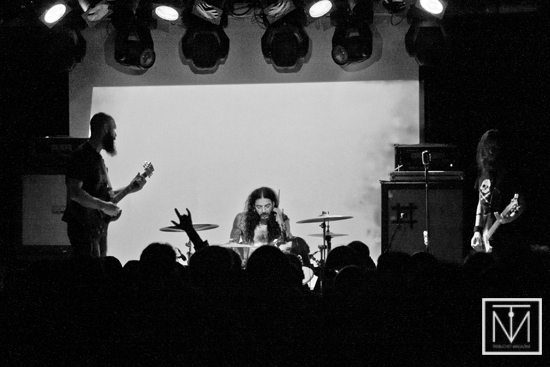
Eve, their fifth album, was a 45-minute living homage to the first woman on Earth, a ‘devastating piece’ of doom metal that conjured both rebellion and celebration on a biblical scale.
ORO the band’s latest work is even slower, divided into ten massive movements which is to be delivered over two separate albums during 2012: the first chapter, Opus Primum, in April, and the second, Opus Alter, in September.
Perhaps most importantly we should note the entire word “UFOMAMMUT” should be pronounced in the italian way and it sounds something like “oofomammoot”…
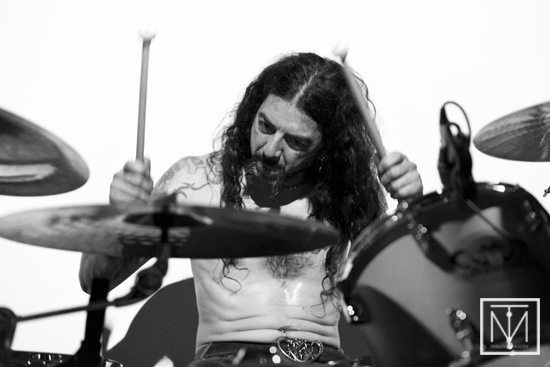
Urlo: We’re from the north west of Italy, just like in the middle between Milano and Geneva let’s say. We are all together there in this nowhere, it is just a place with nothing apart from some hills around. You know, just mosquitoes and fog.
Originally, we had been friends (Poia and me) since high school and then we decided after the first years of university to form a band. We met Vita once when we were playing with our first band Judy Corda.
The first drummer left us so Vita joined the band and we changed the name because we don’t like it that when part of the band leaves you continue with the same name. So we decided to change music, to change the drummer and so we became a new thing 13 years ago.
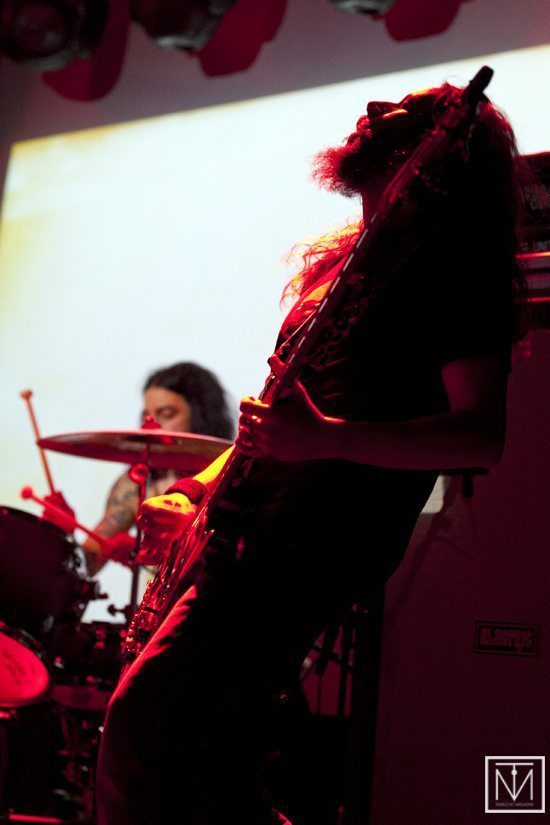
Trebuchet: Was there a grand idea that drew you together?
Urlo: I don’t know. Basically, I think we don’t have any idea in the minutae of our sound. We do what we like and there isn’t a plan so much as we just started to play. It just comes out.
I can say that we are trying to do something with the instruments and but not in a very conventional way.
Poia: Personally, I am not that much of (technical) player but I discovered how to play in my way. You know, I just had some lessons when I was young and learnt how to play a solo and then when they tried to show me more something more complicated I quit! So, I am able to do ok but it’s essentially the same solo for years now. Just pentatonic.
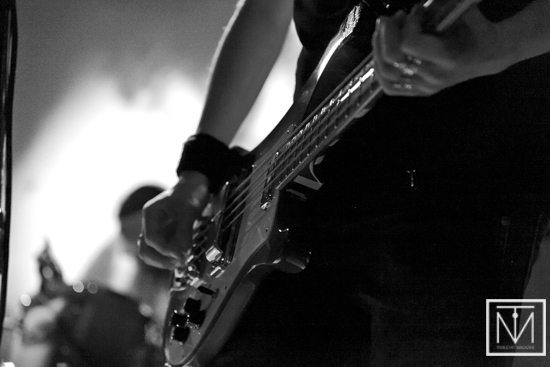
Trebuchet: If you’re not strictly speaking a technical band in what ways have you developed over the years?
Poia: Ok. I can answer this question by saying that I think we have discovered the dynamic of the music, just to use the volume you know, before we were just blah blah and then leave after became quiet. Now we are trying to choose the volume better, play soft to play softer.
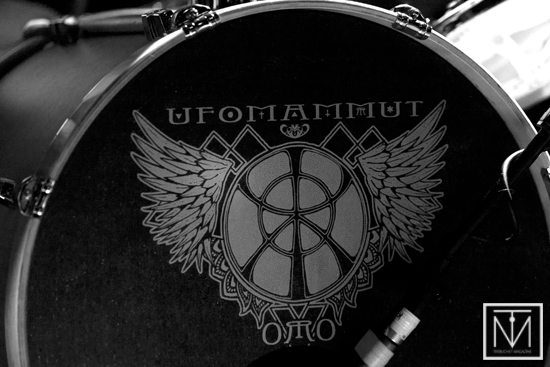
Trebuchet: So you’re instinctive guys?
Poia: No just stubborn
Vita: and we refuse to learn more.
Urlo: Exactly, so we discovered after years that maybe this is the best way
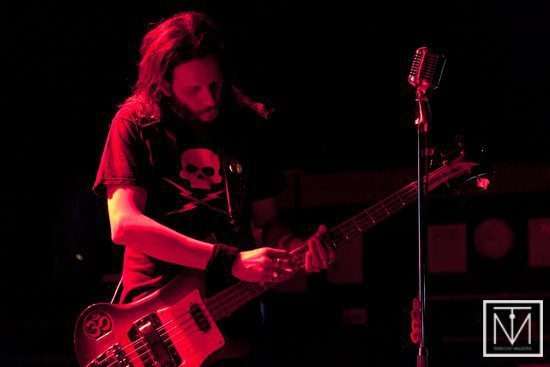
Trebuchet: So that’s your secret?
Poia: We get younger. We were 80 and now we are about 40
Urlo: It’s getting good
Poia: There was a movie, with Brad Pitt
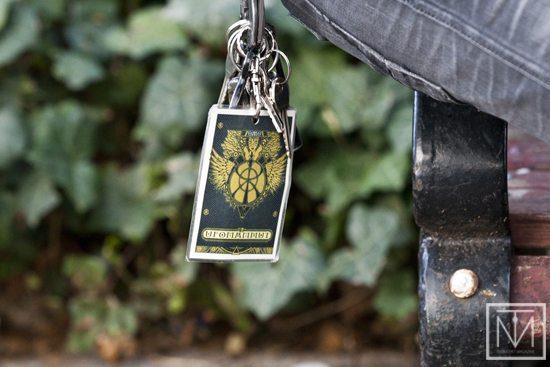
Trebuchet: The Curious Case of Benjamin Button.
Urlo: Oh yes, we’re not for getting older.
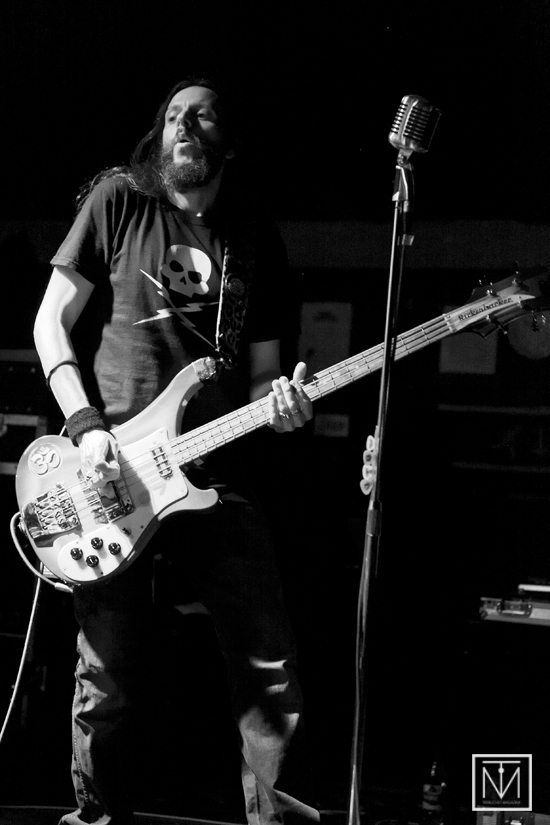
Trebuchet: Does this affect your music any?
Poia: We’re getting louder.
Vita: Getting deafer also.
Urlo: Yes, but only so we can play louder
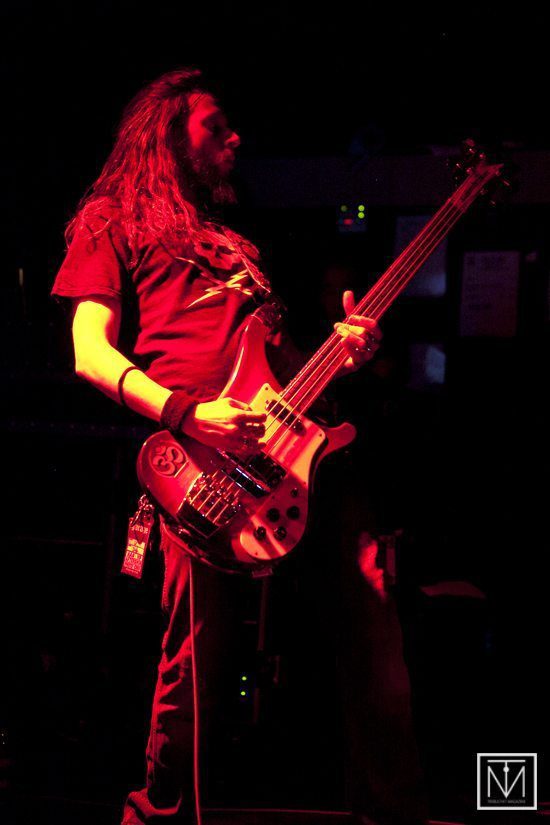
Trebuchet: And you know your music started out pretty slow so I guess its maybe getting a bit faster now?
Poia: Yeah this album is faster. Especially the new one that will come out in September is quite faster compared to the other ones.
Urlo: Whether this is a reaction to the fact that we becoming older or younger is becoming too complicated to answer.
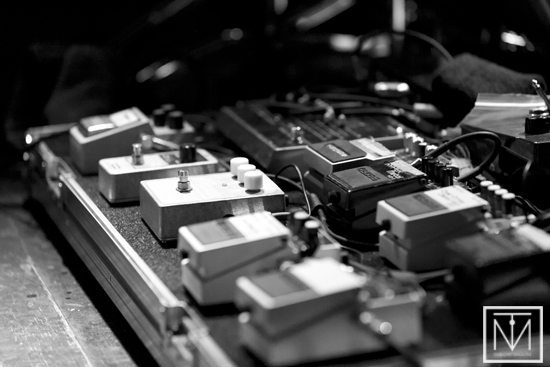
Trebuchet: Can you tell me about releasing Opus Primum, in April, and the second, Opus Alter, in September.
Urlo: They are a single piece of music which we divided into ten movements like they do in classical music. Because it was about one and half hours long and we didn’t want to release a double album. We don’t like double records so we said ‘OK, let’s do something like Kill Bill by Tarantino’. Let’s release it separately (and at different times) so people will focus on the first part and absorb it. Then they will have the time to absorb the second part when it comes out.
The good thing about this album is that there are a lot of things that come and go and move from one record to the other. Because it’s only one song listening to the second part will complete the first one and you will have to listen more to the first to understand the second.
Poia: We think it was a good thing because tonight we will play the whole of Opus Primum and Opus Alter and as some people obviously won’t have the second record (because it’s not out) they’ll think that we are doing the first record again. But differently!
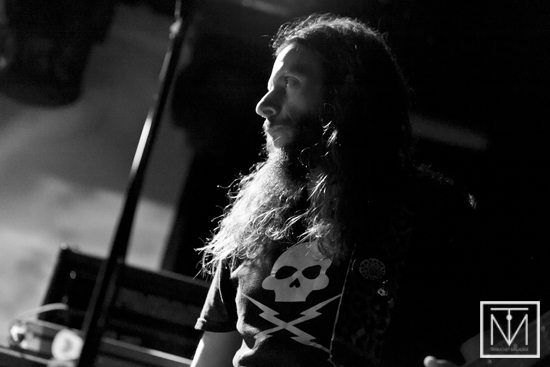
Trebuchet: Italy is a pretty Catholic country and you have a release called Eve. What’s your relationship to the church?
Urlo: It’s strange because you grow up and it’s all you grow up with, you learn that is platonic thing and you study it at school and then you have to be baptised, the catechism, etc all these things.
You cannot choose these things because you are so young and then once the things are done they’re done but then it becomes something you have live with.
For example, I got baptised and everything but I am not so religious. I don’t care that much.
But then it depends on the people. In every speech there are good things and bad things. Even in church sometimes there are some good things that they teach you. How they go together I don’t know.
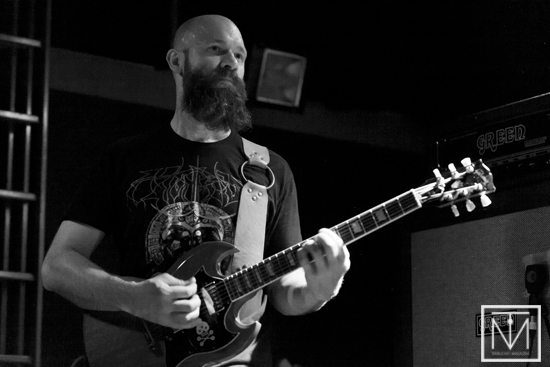
Trebuchet: Listening to your albums I sometimes hear bits of bands like Neurosis and elements of sampling etc…
Poia: We try to take what we need to make our sound work. We just don’t care about recording each instrument with analogue that’s meant to be perfect or dress perfectly like we were in another period of time without using computers at all. We are just living in our time and we try to put in what we like from every part of the story.
Urlo: We usually build a skeleton around what we play, then make it grow little by little. So we usually record and then when we are in the control room we listen and we say ok this part is not good, this is good, take this, we can add something then it grows and grows and grows until we’re at the last version.
Vita: Even we are recording and when we are mixing we like to add or take away and try to understand what and where the best is. I think this is what all the bands do.
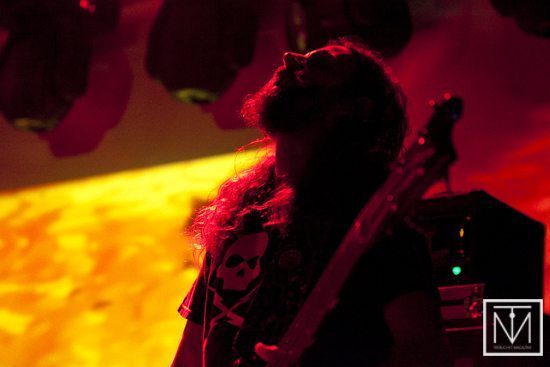
Trebuchet: You’re noted for being a very visual band?
Poia: Yeah. It’s very important because we consider the visuals as an important element of the band. When we don’t have the visuals it’s like something is missing. So over the last year as we’re getting bigger gigs it’s become a more central part of the show.
Urlo: It’s weird when there are no projections.
Poia: Now everyone has to look at us, oh god.
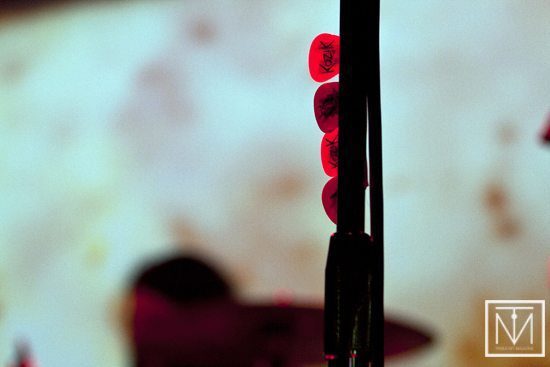 Trebuchet: Touring with a light show this it creates a distinct Ufomammut space wherever you go, but at the same time it’s a new venue. How do the two worlds interact?
Trebuchet: Touring with a light show this it creates a distinct Ufomammut space wherever you go, but at the same time it’s a new venue. How do the two worlds interact?
Urlo: It depends on the others apart from the shade of the room it changes a lot the perception of the thing.
For instance, we played the two days ago in the place where we got double projections it was very good. It was just like in a mirror, just this thing makes things different and then obviously people react in different ways differently!
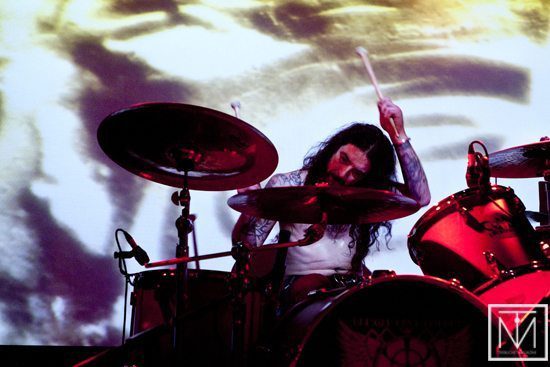 Trebuchet: different moments in the story?
Trebuchet: different moments in the story?
Urlo: Yes. Different moments in the story and in different countries some people looking at music like this are very into the whole experience. I think that the most important thing when we play is the understanding that there is an exchange, almost like a fluid going from the people to us and from us to the people and that makes the entire room or the place or wherever you are, a unique thing, because it is not staged. At those time there is one vision all together and I think the moment when it happens (which is quite often I must say) is why we play. We love to feel that what we are doing is reaching someone and we like to give back to the people the energy these people gave to us.
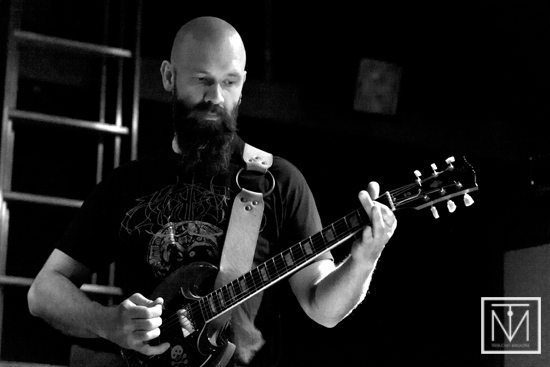 Trebuchet: feedback that rises and rises…
Trebuchet: feedback that rises and rises…
Urlo: You are all in the same church of UFOMammut! But its good because this church is strange and is nothing without the people. We cannot be here without you and vice versus. So it is an important thing that we try to do this thing in every place we go, almost apart from visuals and noise as long as we reach this level of ‘ok we are enhancing this experience the best we can’ it’s ok I think.
Poia: It’s a hypnotic thing. Very outstanding, an astonishing thing, very much too much for your senses.
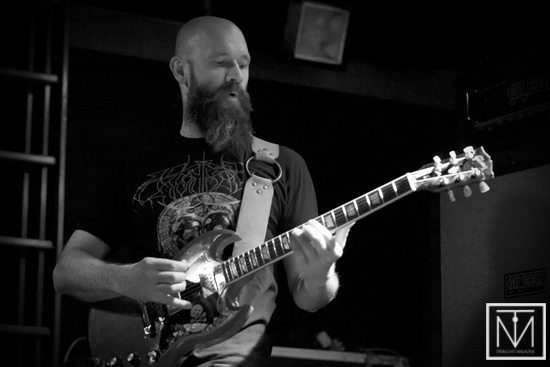
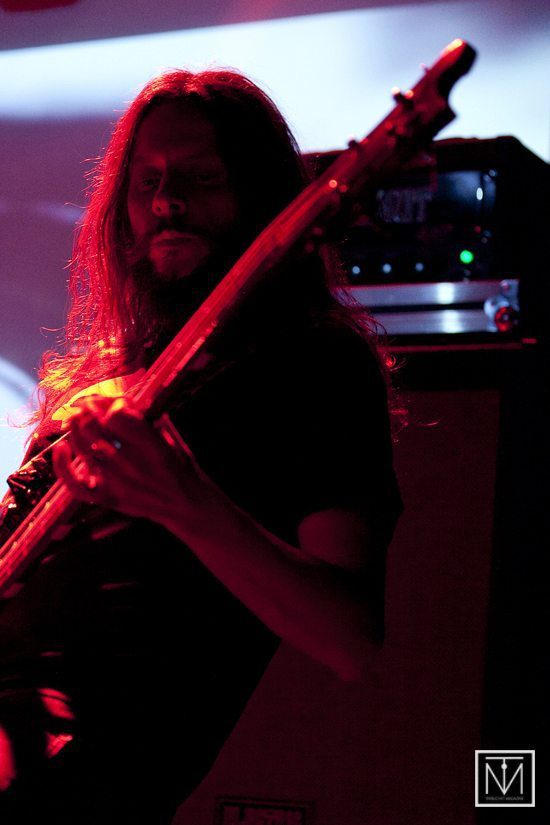
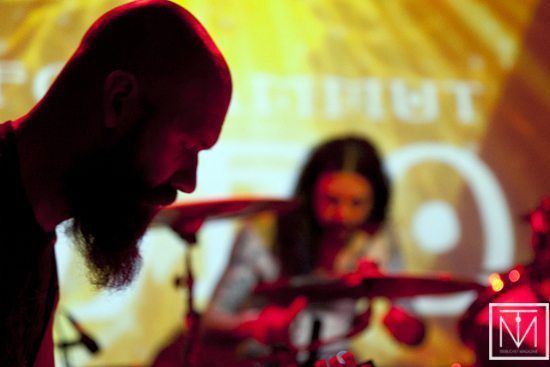 Trebuchet: but to do that night after night on tour must be push you guys into an interesting area of consciousness…
Trebuchet: but to do that night after night on tour must be push you guys into an interesting area of consciousness…
Poia: We are certainly totally normal people but on stage it’s really different, we can transform and it’s our inner inner part of comes out.
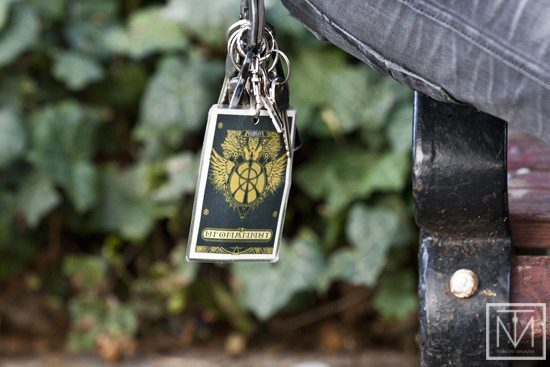 Trebuchet: is that a good feeling?
Trebuchet: is that a good feeling?
Poia: Yeah very good, very. For me because I am usually shy and so being on stage is very difficult for me at the beginning of each show just because of what I’m like. But then I transform when I’m playing…
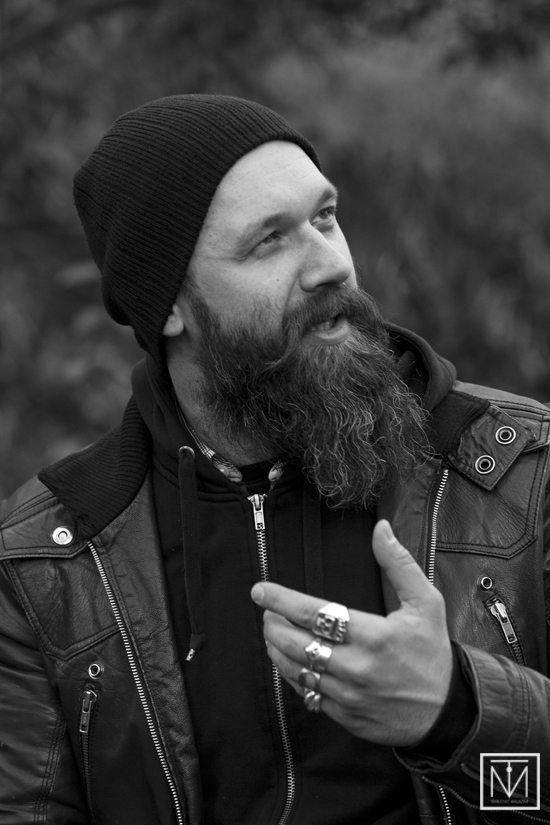
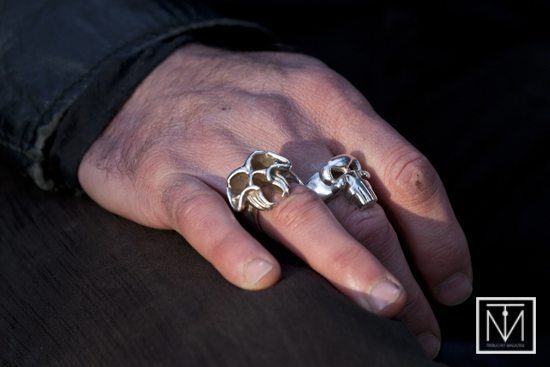
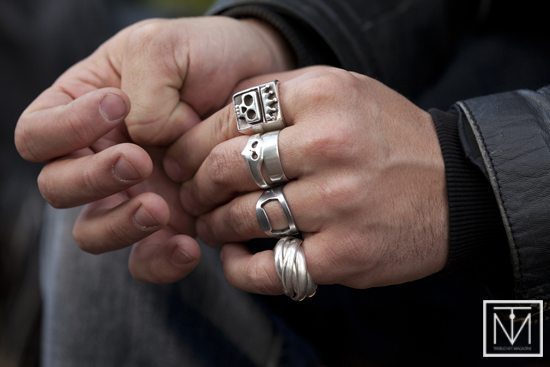
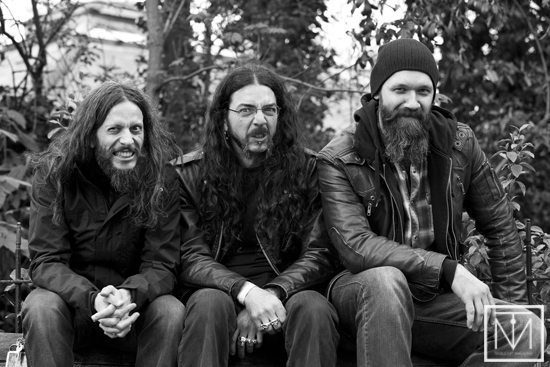 Trebuchet: Is it similar for you guys?
Trebuchet: Is it similar for you guys?
Vita: I noticed when there is exchange when we play good at the last note I feel like ah, I’m feel a weight going away from me and I have to chill out and relax because it’s like I saw a lot of things. I think there is a sort of magic thing happening for sure.
Urlo: Spiritual, perhaps. There is nothing better than playing on stage, even because me but even though we are the friends of music we are not the music. Ok, we are maybe musicians but I feel it’s more that we are friends of music, it feels like we are (in the audience and) not on stage but then it works out and we still are.
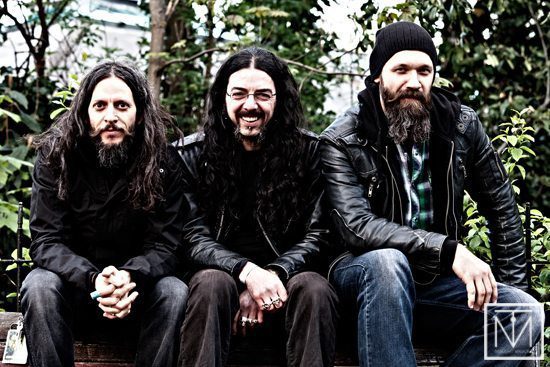 Trebuchet: thank you what a great way to end the interview.
Trebuchet: thank you what a great way to end the interview.
Ufomammut is:
 Poia – Guitars and fx
Poia – Guitars and fx
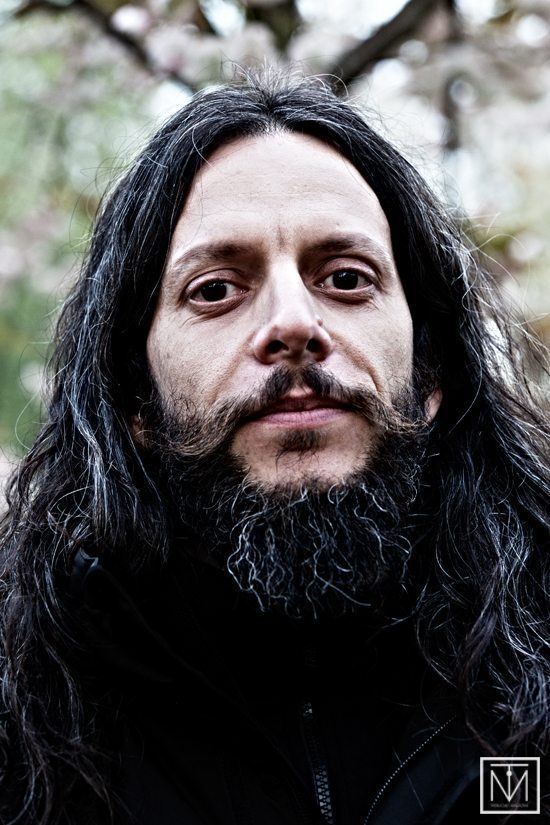 Urlo – Bass, vocals and synths
Urlo – Bass, vocals and synths
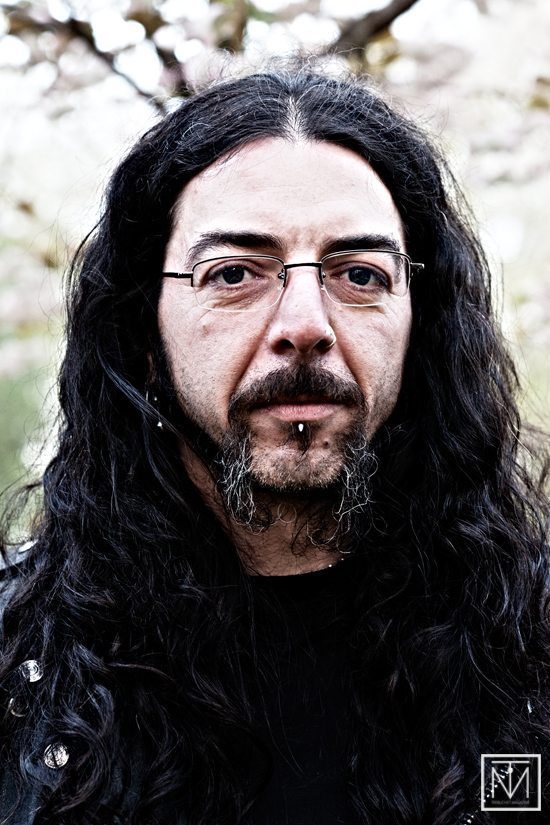 Vita – Drummer
Vita – Drummer
Photos by Carl Byron Batson

Editor, founder, fan.

